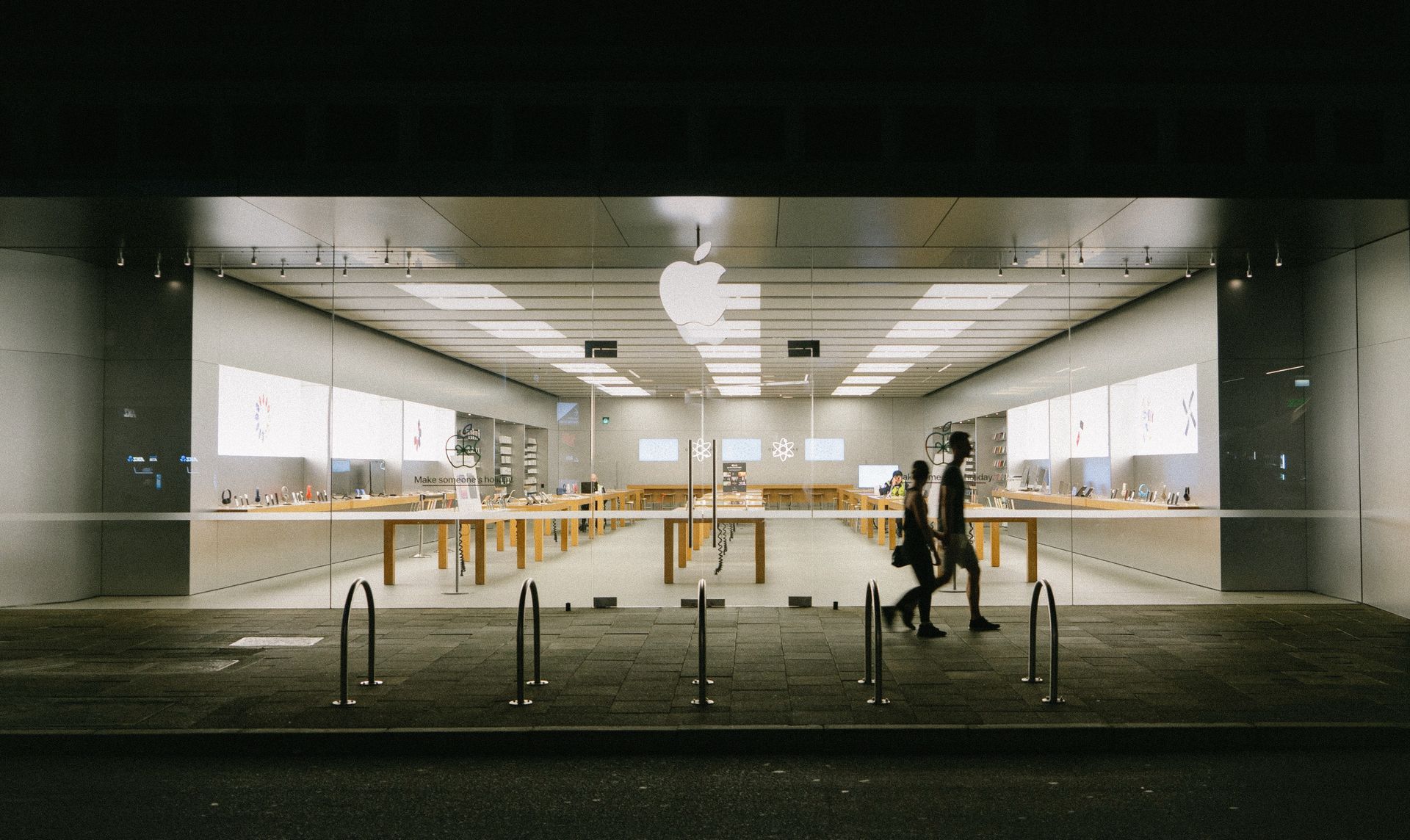As early as 2020, the legal battle between Epic Games and Apple has ensued over the monopolization of the mobile gaming industry. On July 17, the U.S. Ninth Circuit Court of Appeals granted a pause to the injunction against Apple. This decision gave Apple 90 days to appeal at the U.S. Supreme Court. Now, the Supreme Court denied the game company's request. This means the Ninth Circuit Court's decision allows Apple to continue prohibiting Fortnite developer Epic Games and other App Store developers from directing customers to external payment options, enabling Apple to maintain its App Store commission.
Elena Kagan, a justice who handles matters from the United States Ninth Circuit Court, has denied Epic’s appealment to overrule the pause on the injunction. This decision, in favor of Apple, allows Apple to continue to institute their regulations such as steering IOS apps from providing customers with direct links to different payment options.
This decision devastated Epic Games as Epic Games claimed that the 9th Circuit standard is “far too lenient.” This decision would hurt multiple developers, as Epic Games claimed. Epic Games wants the Supreme Court to uphold the original decision from 2021.
Before the pause on this injunction, the 2021 decision required Apple to let developers provide links to other direct ways to pay for content in specific apps. Apple was banned from blocking direct links to different payment options. Judge Yvonne Rogers found that Apple had violated California’s law by allowing developers to provide different systems that bypass Apple’s purchase system. However, the anti-trust lawsuit was eventually dismissed.
Apple told the 9th Circuit Court that this injunction influenced Apple to enforce this payment system from all app developers, instead of Epic Games itself. In addition, Apple claimed that direct payments out of Apple’s system could lead to an increase in fraud, scams, and spyware.
Apple requires that their payment goes through the Apple IOS purchase system. All downloads and in-app purchases must be made through Apple itself. In fact, Apple has an anti-steering policy that doesn’t allow other developers to direct customers to make purchases elsewhere.
This conflict began in August 2020 when Epic Games introduced a different direct payment system that bypassed Apple’s purchase system, and Apple's associated 30% commission fee. Due to this issue, Apple removed “Fortnite” from the App Store. Epic Games filed a lawsuit against Apple, instating that Apple’s practices were unjust, and violated antitrust laws.
Epic Games is also fighting a lawsuit against Google set to go on trial in November. In a similar case, Google has removed Fortnite for violating Google’s in-app purchase regulations.
The lawsuit battle between Epic Games and Apple can be a great determiner of the future of the digital domain. It is highly a turning point for both the technology industries and how future platforms will coexist.
Crystal Ngo
Crystal is a high school student and an intern at Chen Law Journal. She aspires to become either a forensics scientist or a criminal lawyer. Additionally, Crystal is interested in chemistry and writing.
Email Me




